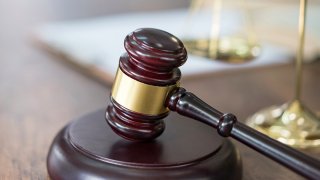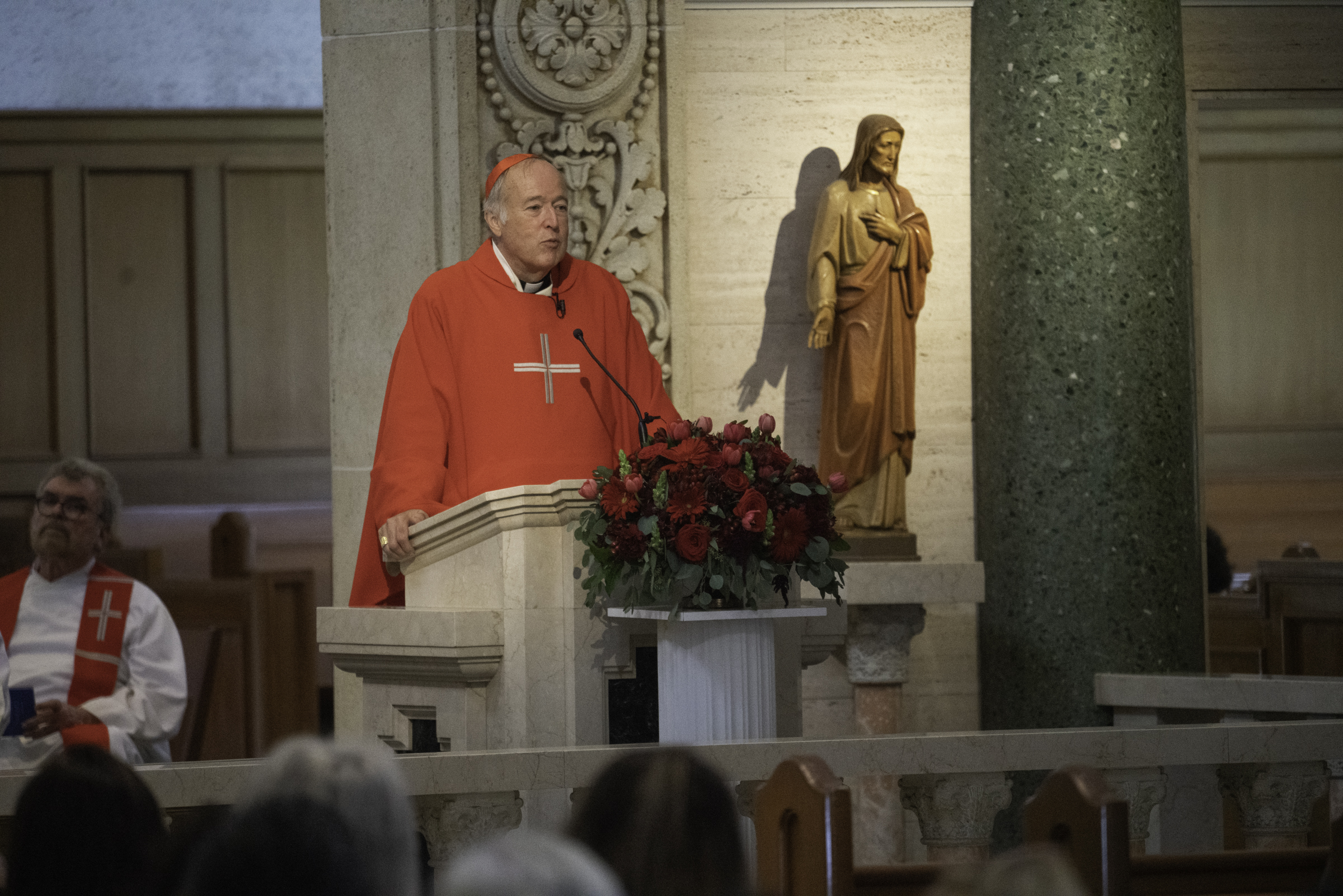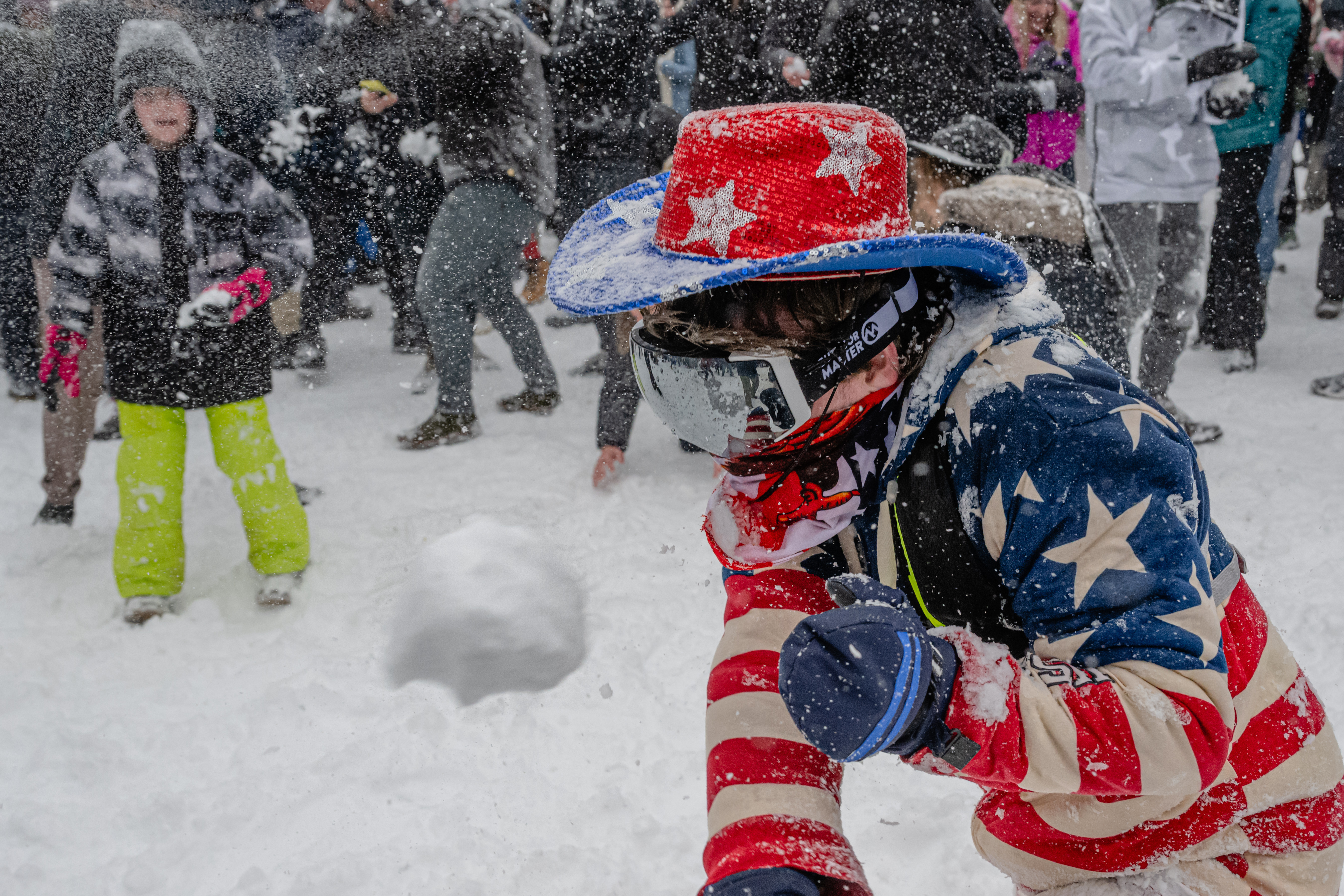
Virginia lawmakers elected eight new judges to the state Court of Appeals on Tuesday following a selection process that Republicans criticized as one-sided and secretive.
Six of the new judges were elected in the Democrat-controlled House and Senate as part of a court expansion plan approved by the legislature earlier this year. The other two judges were elected to fill vacancies on the court. Virginia is one of only two states where the legislature elects judges.
The court expansion plan drew charges of “court packing” from some Republicans who said it was an attempt to change the political makeup of the court and promote a liberal agenda. Democrats, however, said the additional judges are needed to expand the intermediate court’s jurisdiction and give both criminal defendants and civil litigants an automatic right of appeal, something every other state in the country now provides.
Before the expansion, the only cases granted automatic hearings with the appeals court were those involving domestic issues, such as divorces and adoptions; workers compensation claims; and administrative law cases. In all other civil cases, people had to ask the state’s highest court, the Supreme Court of Virginia, to hear their appeals. In criminal cases, the court only heard a fraction of the cases it was asked to hear.
We've got the news you need to know to start your day. Sign up for the First & 4Most morning newsletter — delivered to your inbox daily. >Sign up here.
The new judges were elected by the House and Senate Tuesday after lawmakers interviewed them briefly during public hearings before the Senate Judiciary and House Courts of Justice committees.
Last week, several Republicans blasted Democrats for meeting privately with judicial candidates to narrow the list of applicants to eight. But on Tuesday, the judges were elected with no discussion on the House or Senate floors before the votes.
The election of the Court of Appeals judges came just before the legislature recessed a special session that began on Aug. 2. During the session, lawmakers also approved a spending plan for nearly $3.5 billion of the $4.3 billion Virginia received in federal coronavirus relief money. Gov. Ralph Northam signed the plan on Tuesday.
Local
Washington, D.C., Maryland and Virginia local news, events and information
Some Republicans, including Sen. David Suetterlein, opted not to cast votes on the Court of Appeals judges. Suetterlein said he objected to the lack of public input on the candidates and the way the Democratic leadership controlled the interview process.
“In this special session, both the appropriations and the judicial selection process was highly partisan and didn't include public input," Suetterlein said.
“On the judicial selection, having eight judges at once is pretty monumental, but within 24 hours of their names being made public, they are already elected judges," he said.
Democrats praised the new slate of judges, saying it is a diverse group, both demographically and professionally.
“At the end of the day, I truly believe we put forward a slate of candidates that is both historical as well as transformative,” said Sen. Joe Morrissey.
The judges include Doris Henderson Causey, a managing attorney at the Richmond office of the Central Virginia Legal Aid Society who became the Virginia State Bar's first African American president in 2017.
Three other African American judges were also elected, including: Junius Fulton, a Norfolk Circuit Court judge for more than 20 years; Dominique Callins, a family law attorney at Simms Showers LLP; and Vernida Chaney, owner and attorney at Chaney Law Firm in Fairfax and a former senior assistant public defender and assistant capital defender.
The other judges elected were: Lisa Lorish of Charlottesville, an assistant federal public defender and the appellate specialist for the Western District of Virginia; Frank Friedman of Roanoke, chief of the appellate team at Woods Rogers PLC; Daniel E. Ortiz, a judge in Fairfax Circuit Court; and Stuart Raphael of Arlington, the former solicitor general of Virginia.
During public interviews before they were elected, several of the judges said they hope to give many more people involved in civil and criminal cases the chance to have their cases heard.
“I do think there’s going to be an explosion of appeals, and I think that’s good, I think it's a plus,” Friedman said in response to questioning from the Senate Judiciary Committee.
“A lot of people feel like they haven't had a chance to appeal,” he added.
____
Associated Press writer Sarah Rankin contributed to this report.



